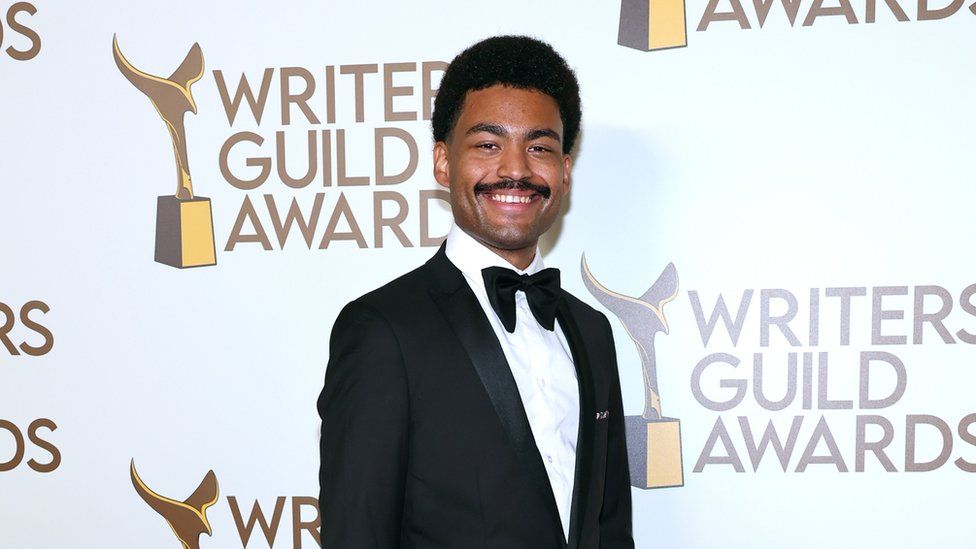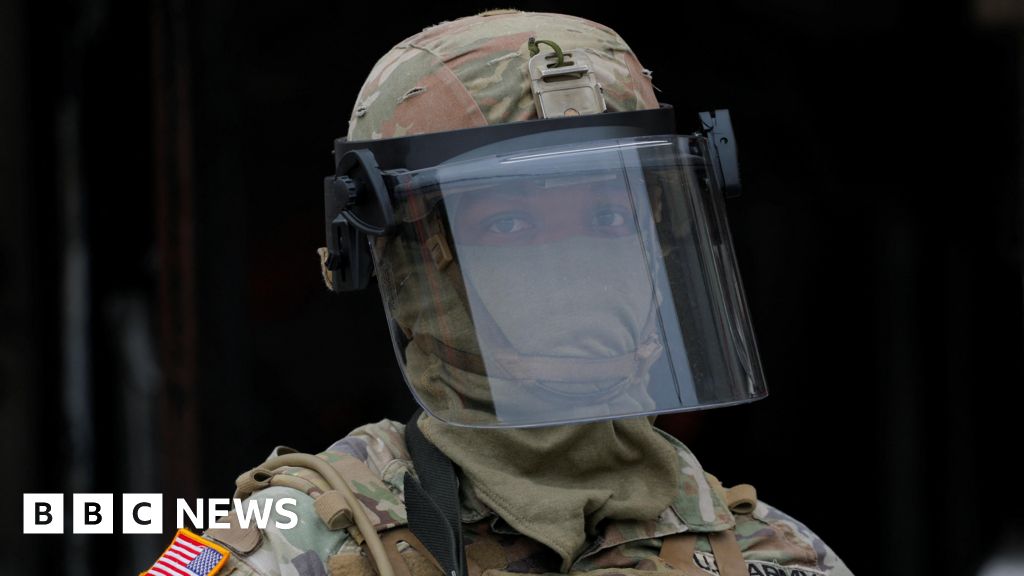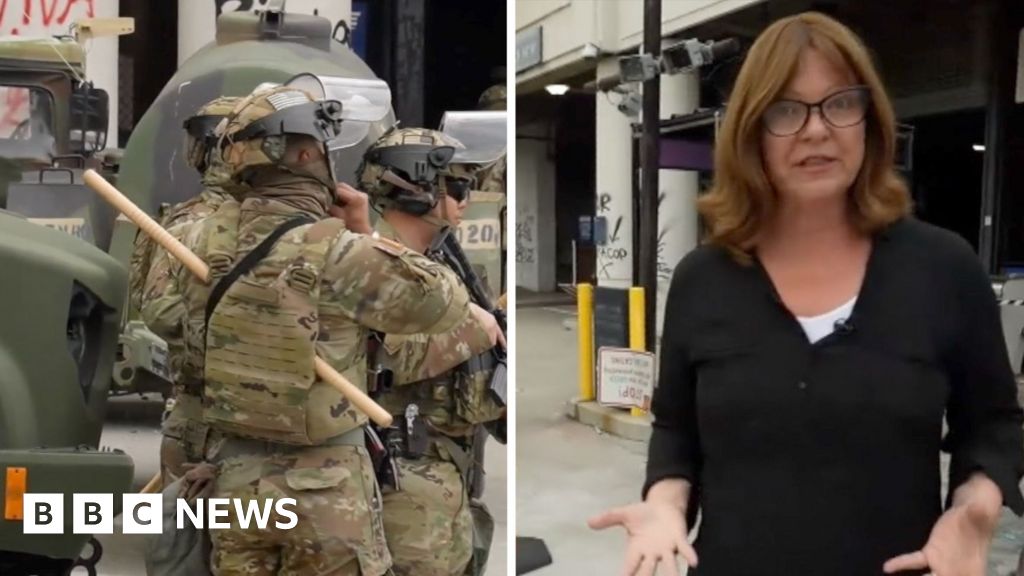ARTICLE AD BOX
 Image source, Getty Images
Image source, Getty Images
Alex O'Keefe said the suit he wore to this award show was borrowed
By Brandon Drenon
BBC News
Writer Alex O'Keefe was working on a hit television show loved by the audience and critics but he was struggling to make ends meet.
The Bear is about a young star chef who returns home to take over his family sandwich shop after a tragedy.
Mr O'Keefe told the BBC that he worked on the hit show from his "tiny" Brooklyn flat, or sometimes from the public library when his electricity failed.
He's one of the writers who have now gone on strike to protest over falling pay as viewing habits turn to streaming platforms.
Members of the Writers Guild of America strike began their strike overnight.
"We are finding ourselves unable to survive in places like New York City and Los Angeles, where we need to be to be in writers' rooms," said Mr O'Keefe, a WGA member.
While there are some writers who are doing very well, Mr O'Keefe said, many writers, including showrunners on big shows, are not.
"I wouldn't classify all writers as being poor or broke but I can say myself I have $6 (£4.81) in my bank account," he said.
Mr O'Keefe said that while he was working on The Bear, he would have to use a space heater to warm his Brooklyn apartment, sometimes causing his electricity to go out.
He said he would then end up in a library, writing a hit show that is making lots of money for other people.
When he and his colleagues won best comedy series at the Writers Guild of America Awards, Mr O'Keefe said he went to the ceremony in a suit bought for him by his friends and family and wore a bowtie bought on credit.
Image source, Getty Images
Image caption,Alex O’Keefe (left) poses with colleagues in the press room during the 2023 Writers Guild Awards West Coast Ceremony at Fairmont Century Plaza in March.
"I didn't have any money, I had a negative bank account," he explained.
The Writers Guild of America is seeking nearly $600m in wage increases and other demands, according to the Los Angeles Times.
A statement released by the guild said that while production company profits remain high and spending on content has grown, writers are falling behind.
"The companies have used the transition to streaming to cut writer pay and separate writing from production, worsening working conditions for series writers at all levels."
Nearly half - 49% - of all writers earn the minimum payment, a 16% increase from just a decade ago, according to the guild.
The weekly minimum pay for a staff writer - the lowest-level writer - is $4,546, according to Variety.
Several variables determine how much a writer earns, including experience, the duration of the script writing process, the platform for the content, etc.
With streaming shows, the number of weeks a writer works compared to traditional network shows has reduced because the number of episodes for streaming shows is lower and the turnaround time for scripts shorter.
This leads to potentially large gaps between pay for some writers who struggle to move from one gig to the next.
"It's gone from a stable middle-class lifestyle to a very unstable, almost gig economy," TV writer and guild captain Eli Edelson told BBC News.
Dave Metzger, a staff writer for CSI: Vegas, told one entertainment website that he was so underpaid that he had fallen behind on paying his WGA dues. He said that even as a staff writer he has had to take jobs outside the industry or accept menial work just to stay afloat.
"A lot of us are struggling to make ends meet," Mr Metzger said. "I know many incredible writers who have been forced out of the business simply because they couldn't make rent anymore."
This is the first WGA strike in 15 years.
Studios and members of the Alliance of Motion Picture and Television Producers have said they too are dealing with their own challenges, including high amounts of debt, a sluggish US economy, the unknowns of a relatively nascent streaming business and a long-term drop-off in theatrical ticket sales.
Negotiations have been ongoing since 20 March.
Then on Monday evening, the WGA gave the go ahead to walk out after six weeks of negotiations produced a "wholly insufficient" response to what they say is an existential crisis facing writers.

 2 years ago
46
2 years ago
46








 English (US) ·
English (US) ·